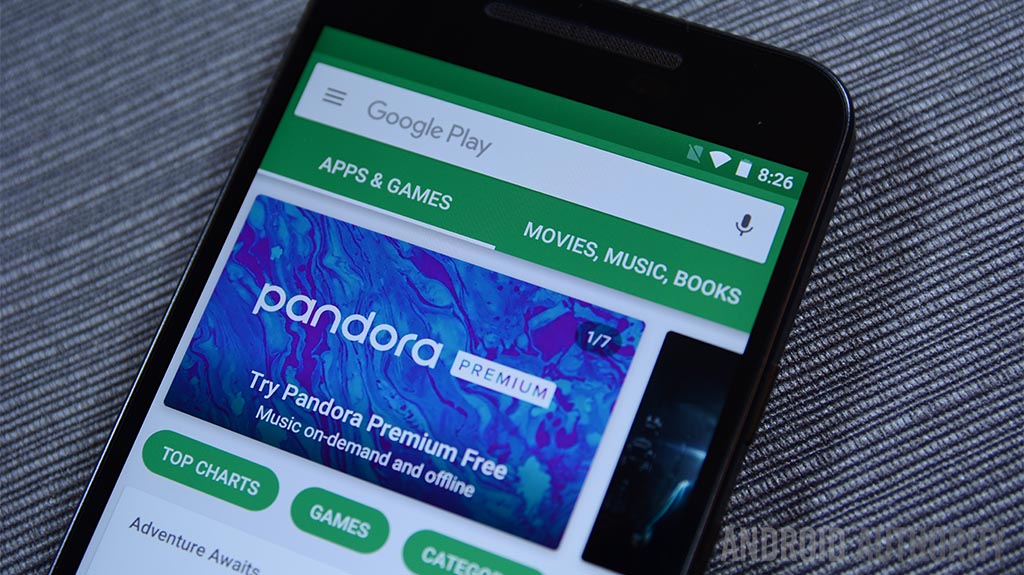Affiliate links on Android Authority may earn us a commission. Learn more.
Google can tell which apps are asking for too much of your private information

Google’s latest machine-learning algorithm can help spot intrusive apps that demand access to user data that they don’t even need.

As Google points out, most Android apps are there to entertain and assist us, and we grant them access to the data that they need: for instance, a camera app needs access to the camera sensor just as a navigation map needs access to the GPS sensor. Well, what if a coloring book app you just downloaded asks for access to your location, contacts, and microphone – precisely the permissions that it shouldn’t need. Those are usually intrusive and unsafe apps, but the trouble is, they can be hard to spot given the sheer number of apps that are available in the Play Store.
In order to find those, Google would create what are called “functional peers” or groups of apps that share similar features. The company can then compare these apps to see whether certain apps within each group stand out in terms of the permissions that they require. For instance, if a select few messaging apps ask for over eight permissions when the rest of them ask for three or four, Google knows something isn’t right. The problem is that traditionally, these functional peers are based on fixed groups that can be a bit too inflexible. After all, some apps do a lot of different things and require more permissions than their peers. And of course, looking at each app manually is out of the question.
It’s reassuring to see that Google is doing its part to minimize the number of intrusive apps in the Play Store.
That’s why the search giant has developed a machine-learning algorithm that automatically creates categories and groups various apps based on not just similar functionality but also app metadata like text descriptions and user metrics, making these categories more accurate and less error-prone. As Google states, the program reports the correlation between different peer groups and alerts its teams on anomalies and harmful signals, allowing them to “decide which apps to promote and determine which apps deserve a more careful look by [their] security and privacy experts.”
While it’s also important for you to pay close attention to what kind of permissions you give to each app you install, it’s reassuring to see that Google is doing its part to minimize the number of intrusive apps in the Play Store.